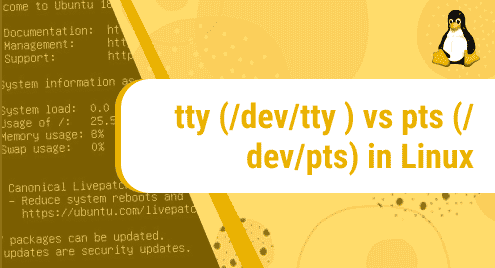Everyone wants and needs a secure, private, and stable internet connection. Other than that, there are also situations when we need to access some resources from a remote location. A VPN allows us to do that. A VPN acts as a single entry point for our private network for remote access.
The question is, when we have so many other VPNs, why should one opt for this one? OpenVPN offers strong security with SSL/TLS encryption, cross-platform support, and firewall/NAT compatibility. Its open-source nature ensures ongoing community scrutiny and stable performance, making it a reliable and widely-used VPN choice.
Before we move with the installation of our OpenVPN, we should take a sneak peek at its advantages.
Advantages of OpenVPN
Strong Security: OpenVPN utilizes SSL/TLS protocols and offers robust encryption, ensuring secure and private communication over the internet, making it ideal for sensitive data transmission.
Cross-Platform Compatibility: OpenVPN is supported on various operating systems and devices, enabling seamless connections and consistent VPN experience across different platforms.
Flexibility: OpenVPN can be configured to run on different network configurations, such as UDP or TCP, and supports multiple authentication methods, making it adaptable to diverse network setups.
Scalability: OpenVPN supports large-scale deployments and can handle multiple simultaneous connections, allowing organizations to scale their VPN infrastructure as needed.
Community and Resources: Being an open-source project, OpenVPN benefits from an active and engaged community, providing extensive documentation, troubleshooting guides, and community-driven support.
There are numerous distinguished VPNs available there offering these services. OpenVPN is one of them. It is equipped and loaded with numerous features. We can set it up in our Debian 12 as well.
Update Debian 12
Before installing OpenVPN in Debian 12, we should update Debian 12 first.
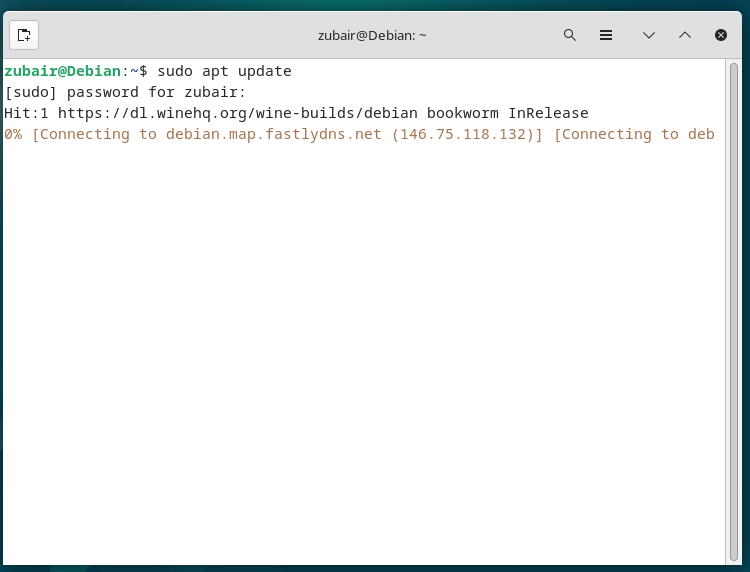
Install Required Packages OpenVPN
To run this command, we have to make sure that we are using our Debian 12 as a sudo user.
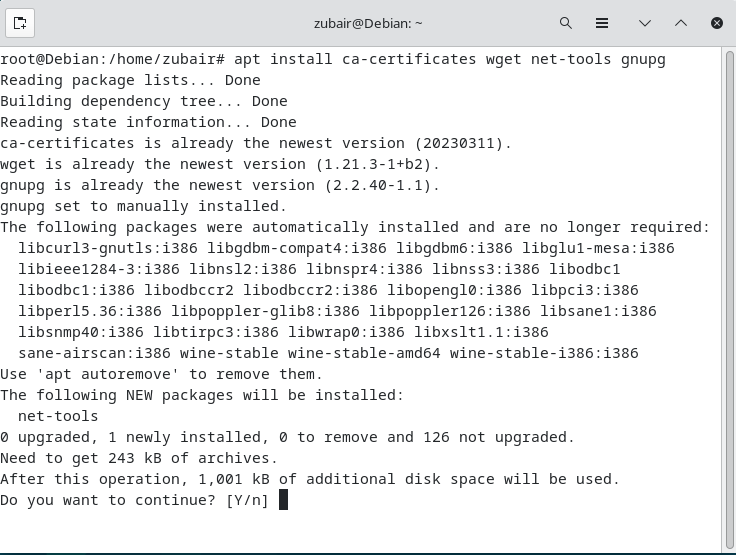
Download OpenVPN Access Server
After downloading the packages, we need to download the OpenVPN server.
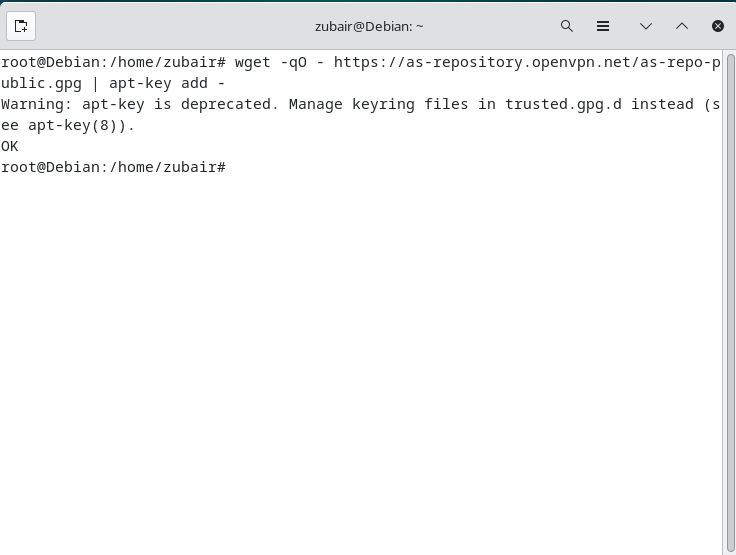
Add the OpenVPN Access Server in Debian 12
Now in our directory, we need to add the URL of the OpenVPN Access Server repository. The file “/etc/apt/sources.list.d/openvpn-as-repo.list” is utilized by the Debian 12 package manager. This will use the files to download and install distinguished software packages from our OpenVPN Access Server repository.

Install OpenVPN Access Server
Now we are ready to install our OpenVPN tool in our Debian 12.

Uninstall OpenVPN From Debian 12
For OpenVPN uninstallation, we have the command as

This command will uninstall the OpenVPN package from your system.
Additionally, you can run the following command to remove any remaining configuration files related to OpenVPN:

To remove all the remaining packages automatically, we have a command as
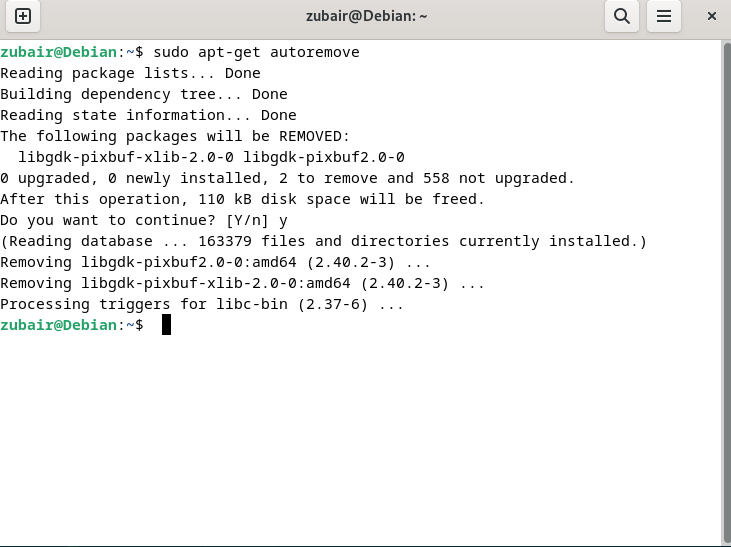
Conclusion
OpenVPN is a powerful platform that allows internet users to have private and secure internet connection over the internet. Not only that, we can also access secured and remote resources with the help of OpenVPN.
The installation and setup process of this VPN is really simple. We have seen how we can set it up for Debian 12 and make it ready to sue.


